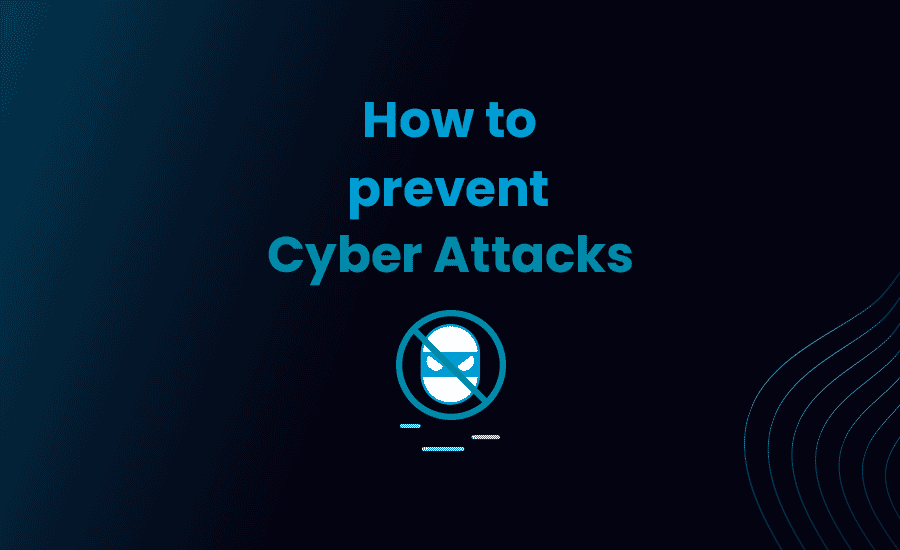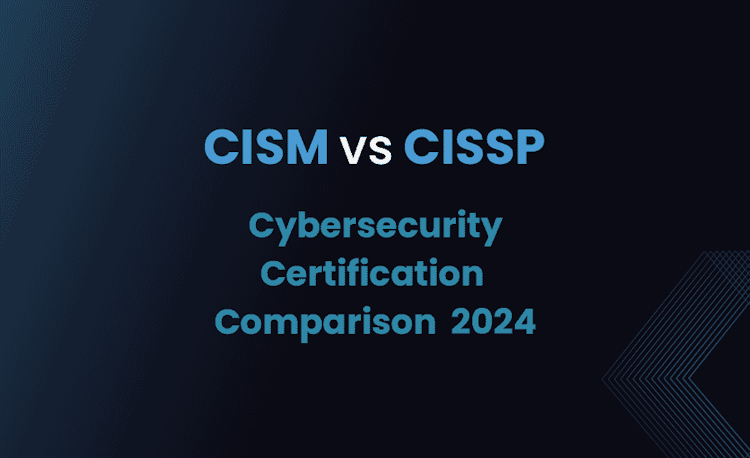Benefits and Strategies to Prevent Cyber Attacks

The Importance of App Security in Today’s Digital Landscape
In this section, we’ll explore the significance of app security in the current digital scenario and the risks associated with unprotected apps. Additionally, we’ll discuss the legal and regulatory implications of inadequate app security.
The Growing Threat of Cyber Attacks on Businesses
Cyber attacks are increasing in frequency and severity, posing a major threat to businesses of all sizes and industries. With digital transformation on the rise, companies are becoming more reliant on apps for their daily operations, and cybercriminals are targeting them as a gateway to access confidential data and intellectual property. As a result, securing your company’s apps has never been more critical.
The Role of Unprotected Apps in Breaching Confidential Data
Unprotected apps are like open doors for hackers, who can exploit weaknesses to steal sensitive information or launch attacks. These security breaches can lead to significant financial and reputational damage, making it essential for businesses to prioritize app security.
The Legal and Regulatory Implications of Inadequate App Security
Inadequate app security not only exposes your company to cyber threats but also invites legal and regulatory repercussions. With increasing legislation governing data privacy and security, such as the GDPR and the California Consumer Privacy Act (CCPA), companies are required to ensure their apps are compliant with industry standards and protect users’ data.
Most Common Types of App Hacking and Their Impact on Companies
Let’s delve into the most common types of app hacking and how they affect businesses, to have a better understanding of the risks we’re trying to prevent.
Code Injection and Malware: Infiltrating Your Systems
Code injection and malware refer to malicious code inserted into an app to gain unauthorized access to a company’s systems, execute commands, or spread viruses. This type of hacking can compromise the integrity of your IT infrastructure and lead to loss of sensitive data, system downtime, and even sabotage of your business operations.
Unauthorized Access and Credentials Theft: Bypassing Your Defenses
Hackers often try to steal login credentials or bypass authentication systems to gain unauthorized access to your app. This can result in unauthorized users making changes, exfiltrating data, or conducting other nefarious activities that can harm your company’s reputation and financials.
Distributed Denial of Service (DDoS) Attacks: Overwhelming Your Infrastructure
DDoS attacks involve overwhelming a server or network with traffic, rendering it unable to respond to legitimate requests. This can disrupt your app’s functionality, cause outages, and potentially frustrate or lose customers who rely on your app for services or information.
Security Misconfiguration: Exploiting Your Weaknesses
Security misconfigurations often occur when settings or features in your app are not appropriately locked down, inadvertently leaving the door open for hackers to exploit security gaps. These can lead to unauthorized access, data breaches, or other types of cyberattacks that affect your company’s bottom line.
Sensitive Data Exposure: Stealing Your Intellectual Property
Exposing sensitive information, such as customer data or your company’s intellectual property, can have severe consequences. Hackers can use this information for financial gain, hurt your reputation, or even undercut your market position.
The Benefits of Protecting Your Company’s Apps
By securing your company’s apps, you’ll be unlocking a myriad of benefits. Let’s explore some of the most significant ones.
Safeguarding Your Company’s Reputation and Customer Trust
A secure app helps protect your company’s reputation and fosters trust with customers, ensuring they feel confident using your app and sharing their data.
Compliance with Industry Regulations and Legal Requirements
By securing your app, you’re also complying with regulations and legal requirements that govern data protection and cybersecurity.
Minimizing Financial Losses and Business Disruptions
App security can help minimize financial losses resulting from cyberattacks, reduce system downtime, and keep your business running smoothly.
Enhanced Security Culture Within the Organization
Implementing a robust app security strategy can set a strong foundation for security culture, leading to a more conscious and proactive approach across the organization.
Improved Business Continuity and Long-term Competitiveness
Securing your app can help to ensure business continuity by preventing or mitigating potential threats, which is crucial for long-term competitiveness in the digital age.
Effective Strategies and Tactics for Securing Your Company’s Apps
Now that we’ve discussed the importance of protecting your company’s apps, let’s explore some best practices for app security.
Adopting a Security-First Approach to App Development
A security-first approach means prioritizing security at all stages of app development, including design, implementation, and deployment. This ensures that potential vulnerabilities are considered and addressed from the very beginning.
Regularly Conducting Security Assessments and Penetration Testing
Conducting security assessments and penetration tests helps identify vulnerabilities or potential weaknesses in your app, allowing you to patch them proactively.
Implementing Robust Authentication and Access Control Mechanisms
Implementing strong authentication methods, such as multi-factor authentication (MFA), and proper access control ensures that only authorized users can access restricted areas, minimizing the risk of unauthorized access.
Establishing Threat Intelligence and Incident Response Plans
Keeping up with threat intelligence and having a well-defined incident response plan can help you prepare for and respond to potential cyber threats more efficiently and minimize damage in case of a breach.
Training and Educating Your Staff on Cybersecurity Best Practices
Educating your team about common security threats and best practices can empower them to take an active role in protecting your company’s apps and data.
Conclusion: Investing in App Security as a Critical Business Priority
In conclusion, app security is a vital aspect of today’s digital landscape that companies cannot afford to ignore. By understanding the common ways apps can be hacked and their potential impact, you can take appropriate measures to secure your apps and mitigate cybersecurity risks. Protecting your company’s apps offers numerous advantages, from preserving your reputation to ensuring compliance and business continuity. So, don’t delay – make app security a critical business priority today!





